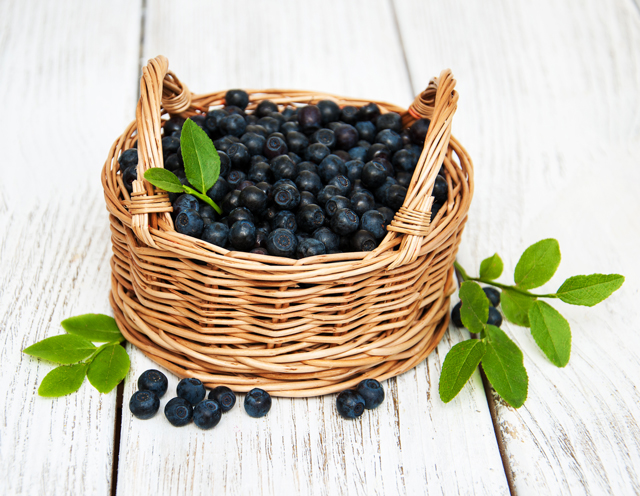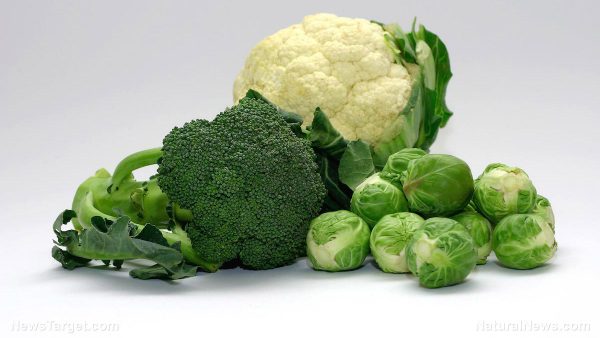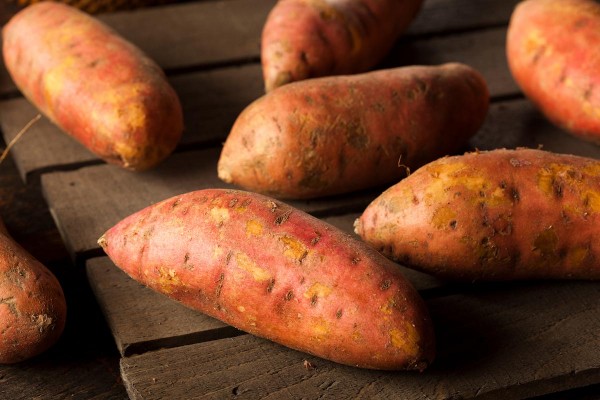A pot of lemongrass looks so ordinary that you won’t even give it a second look the way you would a flowering plant – its tall and slender leaves easily blend with its surroundings as if it doesn’t want to call attention to itself. However, you can’t help but pay attention to the tropical plant. Its many healing properties are notable, even among a wide array of easily accessible food medicines. No wonder it has come a long way from being a staple of folk medicine to become an essential part of modern healing methods.
Lemongrass contains an entire spectrum of electrolytes and minerals, including potassium, sodium, calcium, copper, magnesium, manganese, selenium, phosphorus, iron, and zinc. It also has vitamin C, B vitamins niacin, pyridoxine, riboflavin, and folate. It is rich in carbohydrates, and its leaves are teeming with crude fiber. (Related: Benefits of Lemongrass – What Might Surprise You.)
The contents of the plant can be used to make essential oils that fight microbes, inflammation, and cell damage.
Different countries have various uses for lemongrass in food. In India, as well as the Latin American countries of Cuba, Brazil, and Peru, it’s a popular drink which can be served hot or cold. People in Thailand use it to make curries and soups taste better and is also used to marinate meat, while the Vietnamese add lemongrass to salads. In Java, lemongrass is used to make sherbet.
Aside from food, lemongrass is also used to treat various conditions. In the Philippines, lemongrass tea is used to reduce stress and fight cold, fever, and gastrointestinal disease, as well as manage arthritis pain. In the Paraná state of southern Brazil, lemongrass is the herbal medicine of choice for pain relief and calmer nerves. In India, Cuba, Indonesia, and Brazil, lemongrass infusions treat bladder problems (including inflammation of the urinary tract), urinary incontinence, and kidney stones. In Nigeria, hot water lemongrass extract treats hypertension, obesity, and diabetes. It also treats malaria, reduces fever and kills protozoa.
In addition, the aromatic oil from lemongrass is also in demand in soaps, perfumes, candles, and mosquito or insect repellents.
Lemongrass in modern studies
Science is not wanting in proving the benefits of lemongrass. These fall under the following categories:
Antimicrobial, antifungal and antiviral action
Essential oils from lemongrass leaves were proven effective against 20 kinds of bacteria – these include Escherichia coli and salmonella, seven different yeasts including Candida albicans, and 15 types of fungi – common food-storage fungi among them.
In vitro studies have also shown that lemongrass essential oil is better than antibiotics in fighting pathogenic bacteria: A 0.1 percent concentration of lemongrass oil prevented the herpes simplex virus from multiplying.
Besides, a small, randomized, controlled trial proved that lemongrass tea treated oral thrush (a fungal infection of the mouth’s mucous membranes) and acquired immune deficiency syndrome or AIDS.
Antioxidant effects
Lemongrass is rich in protective antioxidant compounds such as vitamin C and flavonoids. Essential oils derived from lemongrass work as natural preservatives that prevent the growth of bacteria and food from getting spoiled.
An in vitro study showed the power of lemongrass in preventing oxidative stress and liver damage. A rat study revealed that citral from lemongrass detoxifies the liver by releasing an enzyme involved in the detoxification process.
Gastroprotective properties
Another rat study showed that lemongrass extract protects against stomach lesions. A similar study proved that lemongrass essential oil fights damage to the body caused by lesions due to ethanol and aspirin. This means that those who drink alcohol regularly and take non-steroidal anti-inflammatory drugs (NSAIDs) can turn to lemongrass essential oils to help protect the lining of their stomach from damage due to NSAIDs and alcohol.
Mood-enhancing qualities
In aromatherapy, lemongrass essential oil puts people in a good mood. Studies prove that lemongrass root extract has a sedative, anxiety-easing effect that calms the nerves.
Memory-enhancing power
Lemongrass tea or broth contain zinc, magnesium, and folate, which boosts memory, concentration, and information processing. A mouse study showed that lemongrass essential oil was thrice more effective than sodium thiopental in lengthening sleep.
Hypoglycemic and hyperlipidemic benefits
Researchers who gave rats three different doses of lemongrass found that those given a higher dose of lemongrass showed greater weight reduction and low blood glucose levels. The rats’ total cholesterol and low-density lipoprotein (LDL) levels went down. High-density lipoprotein (HDL) or good cholesterol levels markedly increased.
Go ahead, buy that lemongrass from your friendly neighborhood store. Better yet, grow it in your backyard. It’s easy to plant and requires minimal care. And you can enjoy the benefits of those precious nutrients any time you want.
Read Herbs.news for daily news on herbal medicine.
Sources include:
CMS.Herbalgram.org
TheSpruce.com





















